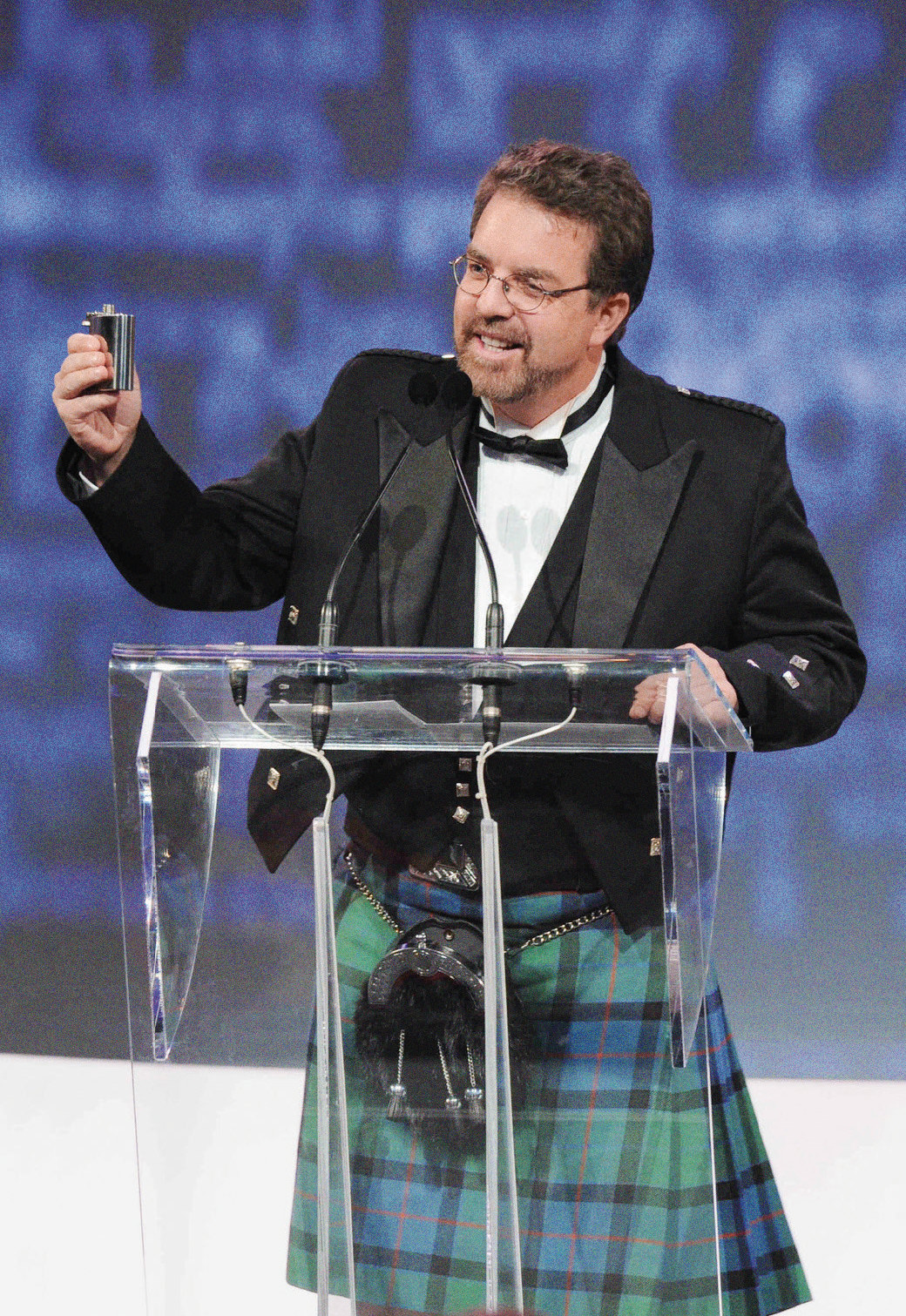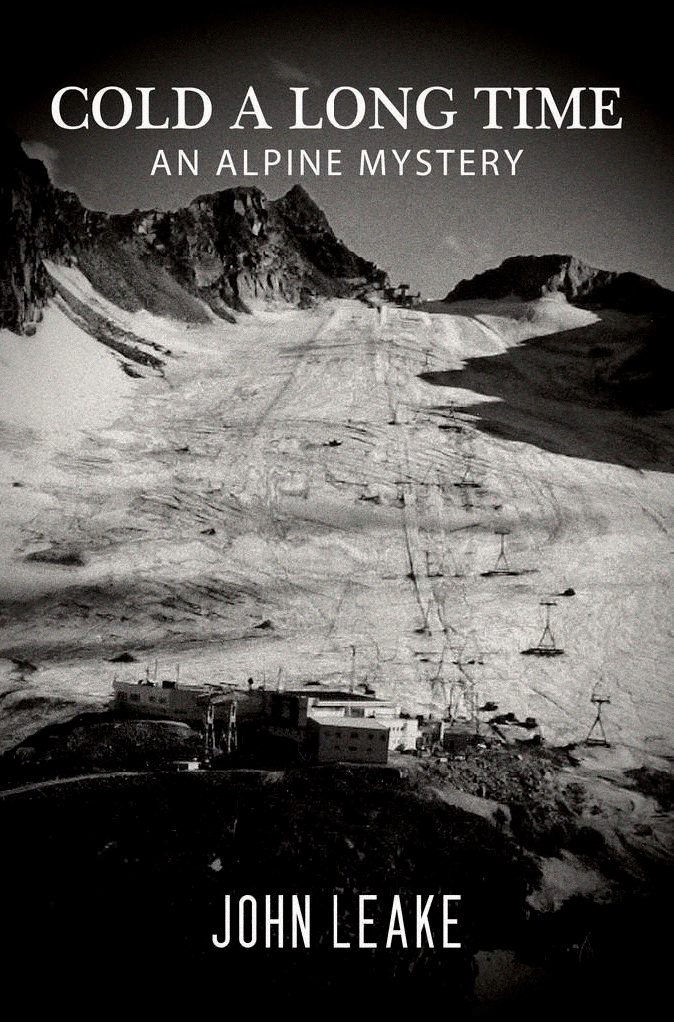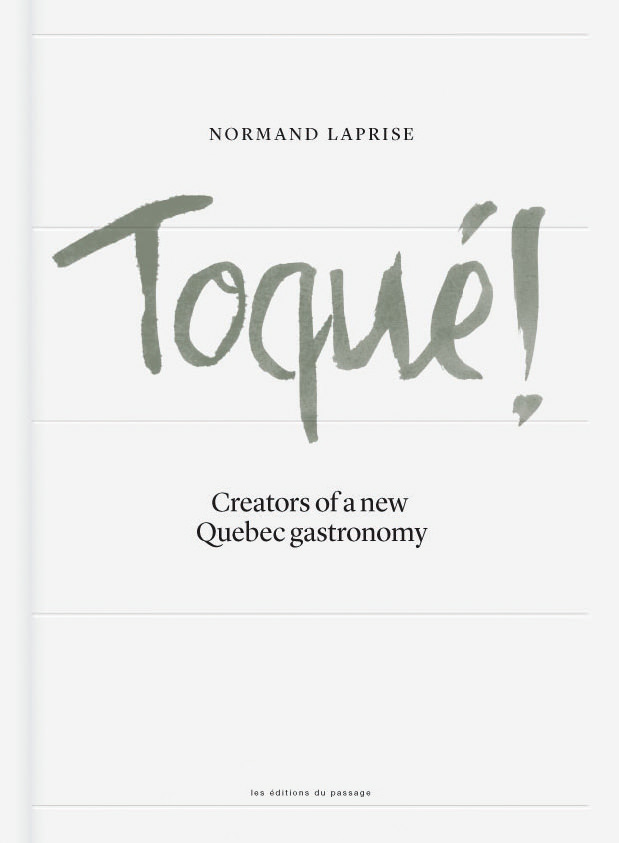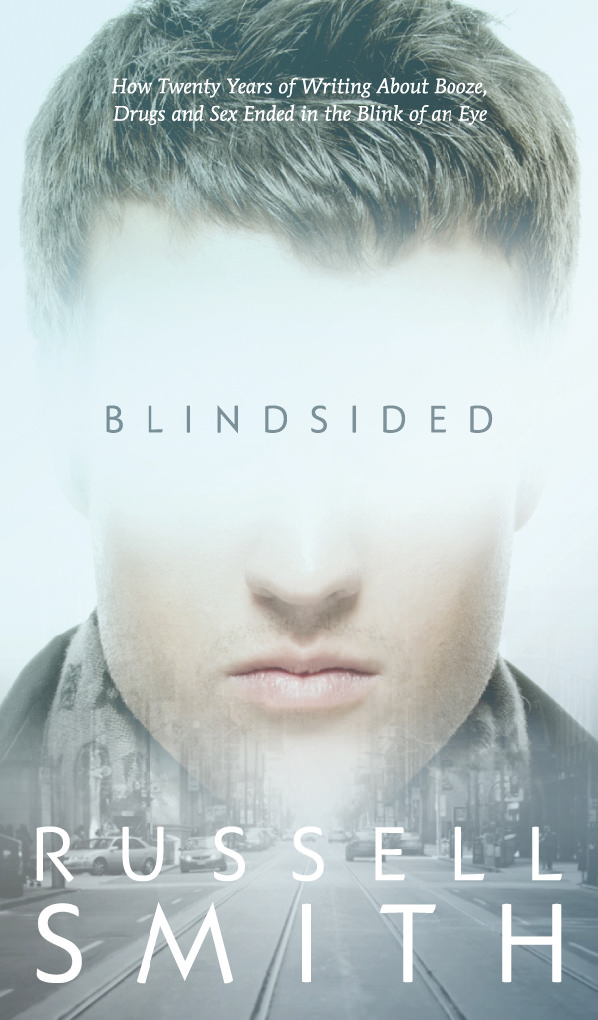A Must-Read and Must-Watch to Leap Into
This leap year, we dive into works that explore relationships with time.

Courtesy of Searchlight Pictures
Alphabetical Diaries by Sheila Heti
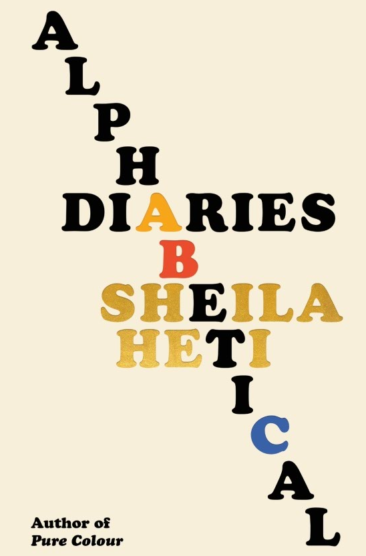
What do we gain from chronology? From challenging it? These questions are at the fore of Sheila Heti’s latest work, Alphabetical Diaries. The Giller-nominated and Governor General’s award-winning titan of philosophical autofiction—her most recent books, Motherhood and Pure Colour, will be familiar to anyone who has frequented a bookstore in the past half-decade—excises her own diaries, following the logic of letters over time. Heti arranges a decade alphabetically (she used Microsoft Excel to accomplish this feat), each chapter dedicated to sentences beginning with a single letter and proceeding in sequence. This novel format imbues the book with its own uniquely poetic rhythm, casting readers into a sea of repetitions as Heti considers ever-elemental anxieties: romance, writing, finances, and romance again.
Alphabetical Diaries is as intimate and intelligent as one might hope, and Heti’s perfectly executed conceit offers a new prism through which to consider one’s own modern life. Time collapses, moves strangely. We perceive the characters of this book not in linear arcs but in a series of bisection, all in rapid succession and without knowing when any given sentence took place: two years after its antecedent, five before after, six weeks in any direction? Personal archetypes, who friends are to us regardless of time or space, emerge through these arrangements—roles that are perhaps more fixed than anticipated.
In fact, Alphabetical Diaries suggests a fixed aspect to our oscillations. Toward the end of Heti’s T’s: “Toronto felt to me yesterday like putting on soft pajamas. Toronto may well be a coastal city one day. Toronto means nothing to be anymore. Toronto, Toronto, Toronto, fine. Turned off phone. Turned thirty.” The constant rumination on one’s home may be just as revealing as their opinion on it any given year. Time slides by, an incidental afterthought.
Sensitive and rejuvenating, Alphabetical Diaries breaks the reader out of their own patterns and into brilliant new ones. A truly memorable read.
All of Us Strangers, directed by Andrew Haigh
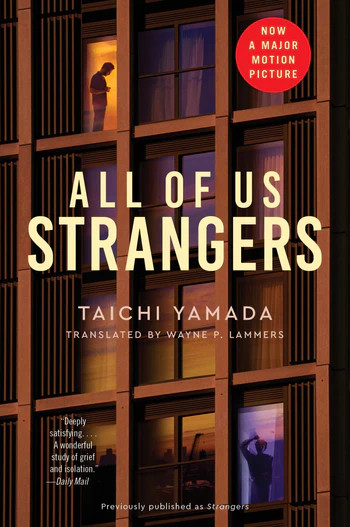
One of the great joys of literature is seeing it transform through forms and adaptations. It’s no small feat for a film to capture the texture and essence of a literary text. Adam Haigh’s All of Us Strangers, adapted from Tachi Yamada’s 1987 novel Strangers, does just that. The film follows Adam (Andrew Scott), an isolated London screenwriter, as he retraces his relationship with his deceased parents and explores a burgeoning romance with his neighbour, Harry (Paul Mescal).
Like Alphabetical Diaries, All of Us Strangers demonstrates a slanted relationship to time. The film follows Adam (played by Andrew Scott), an isolated London screenwriter, as he retraces his relationship with his deceased parents and explores a new, burgeoning romance with his neighbour, Harry (Paul Mescal).
Attempting to write of his childhood, Adam visits his old family home outside the city. To his surprise, his mother and father (Claire Foy and Jamie Bell, respectively) are there—as alive and present as they were just before their deaths, their home as it was in Adam’s pictures, everything intact. This seemingly magical reunion affords both parties a degree of wish fulfillment. Adam’s parents witness him as an adult—delighted to see him healthy, voraciously curious about the person he’s become—and Adam is given the opportunity to open up to them as he couldn’t when a child.
At the same time, Adam and Harry shelter together from the eerie emptiness of their London highrise, striking up a romance that imbues Adam’s modern condo with warmth. Their intimacy is portrayed with moments of awkward shyness, a striking and believable naturalism that is engrossing to watch in Haigh’s beautiful close-ups, his attentive focus on human subtlety.
Throughout the film, Haigh dramatizes the vulnerability of intimacy, the moments when we shy away from it or must come at it slantwise. In one memorable instance, Adam is decorating the Christmas tree with his parents—in the presence of his parents, Scott animates Adam with an incredible, child-like openness—the Pet Shop Boys’ “Always on My Mind” comes on the radio; Adam’s mother hums along, half-apology, half-confession, using the song lyrics as a conduit for a truth that is too hard, just then, to speak directly.
Gorgeously cinematographed, All of Us Strangers has the dimensions of a well-crafted short story. The narrative is compact, but its emotional resonances are deeply earned, anchored by four deft performances. Of them, Scott’s is the standout, carrying Adam’s sensitivity, pain, and joy with a captivating translucence.

